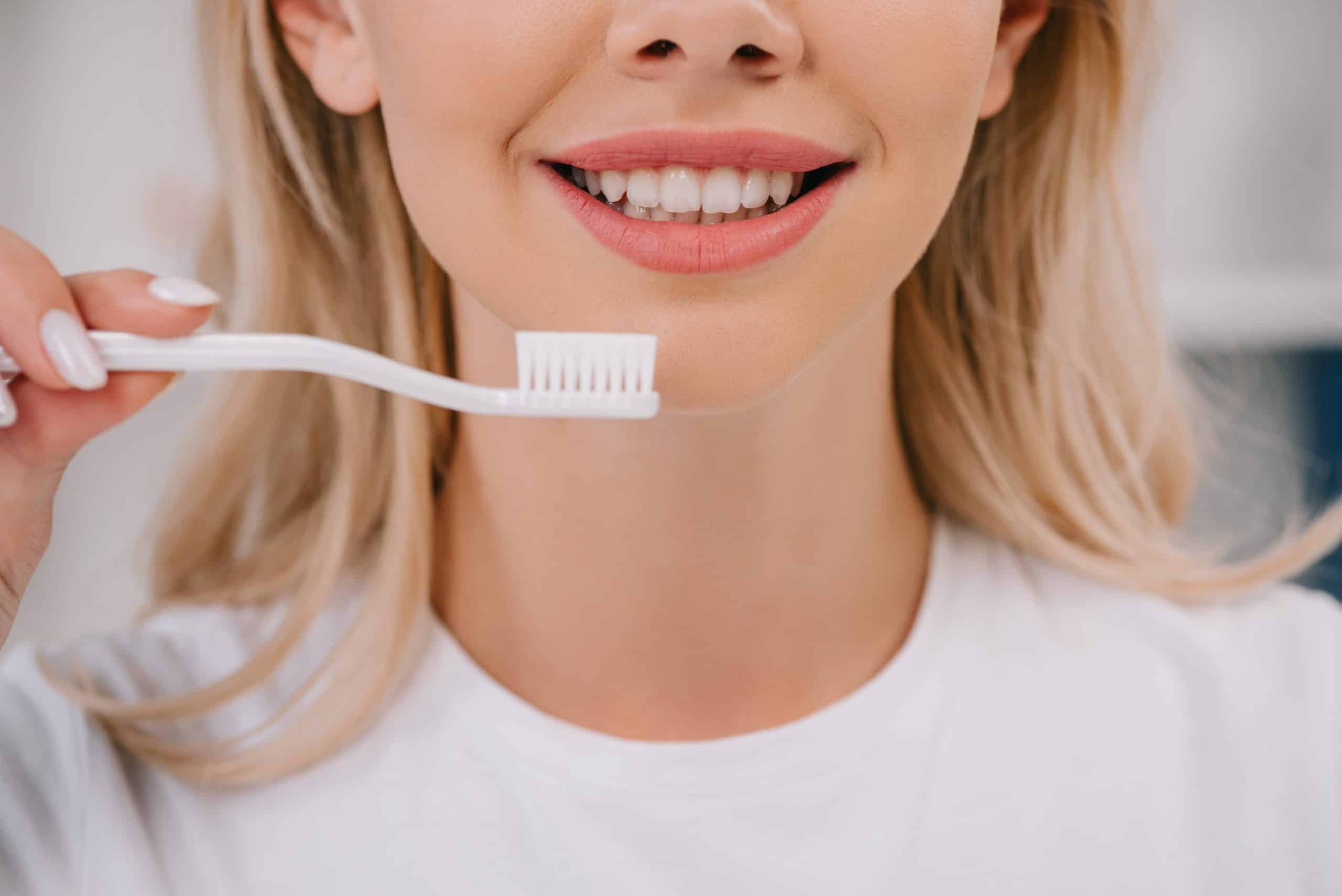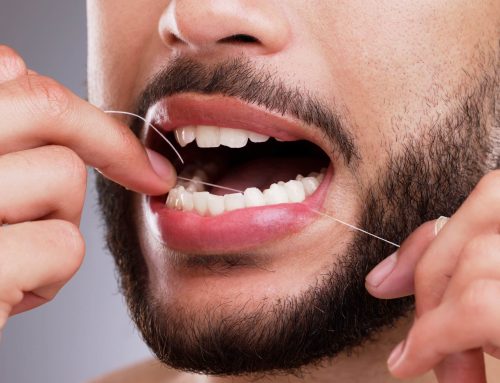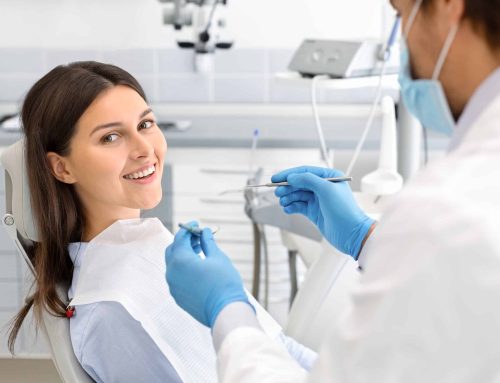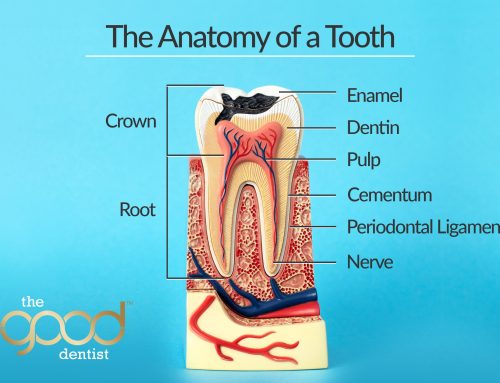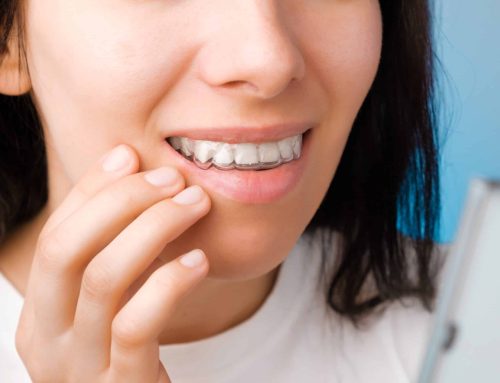Your toothbrush is an essential tool that maintains your overall wellbeing and not just your oral health. It removes plaque, manages tartar build-up, kills morning breath, and keeps your gums healthy – so when was the last time you replaced your toothbrush? If you can’t remember, it’s time for an upgrade!
Choosing your toothbrush should not be an afterthought. The right one will help keep your teeth healthy and strong, while also providing comfort, ease, and consistency of use. The Australian Dental Association (ADA) advises you should change your toothbrush every three months, so the question is – what to look for in a toothbrush?
Hard Bristle Toothbrush v Soft Bristle Toothbrush
Let’s clear this debate up from the outset: dentists recommend soft bristle toothbrushes over hard bristle toothbrushes.
Hard toothbrushes are too aggressive on your gums. They can make them tender, inflamed, or even bleed – potentially causing gum recession. Vigorous brushing with hard bristles can also wear tooth enamel (which is irreplaceable), create sensitive teeth, and damage root surfaces. We all know the pain of brushing tender gums and how you tend to avoid brushing your teeth altogether if they hurt – adults included, not just kids!
Use Soft Bristle Toothbrushes
Soft bristle toothbrushes are designed to be gentle for use on both hard and soft tissue inside your mouth. Brushing your teeth should be a peaceful activity and not like scouring a frypan. Less abrasive, systematic, circular motions with a soft toothbrush are more effective than aggressive, stabbing motions. The soft bristles of a toothbrush will gently massage your gums while you clean your teeth, which will help reduce inflammation and keep them healthy.
Also, consider toothbrushes with smaller heads as they can reach all the way to the back of your mouth to get more access to each individual tooth. Toothbrushes that have soft bristles of varying lengths, and angles are good for accessing hard-to-reach crevices.
Soft bristles are also a good choice for people with sensitive teeth as they can be used twice daily without causing damage or irritation.
If you have braces or crowns, it’s best to choose an extra soft toothbrush to avoid damaging the wire and other materials used in your dental work. Repairs to correct these issues are an unnecessary pain in your wallet.
Electric Toothbrushes
Experts agree that electric toothbrushes are more effective at removing plaque and keeping your teeth healthy than manual brushes. Electric toothbrushes vibrate at high frequencies to clean your teeth, tongue, and gums. The bristles are softer than manual brushes, and they’re designed to reach more of your teeth. Electric brushes also have timers that alert you when it’s time to move on to another quadrant of your mouth.
Obviously, electric toothbrushes are a greater financial investment so before you purchase one, do your research. Find out how the brushes work.
- Does it have a precision head to clean each tooth individually?
- Is the head rounded for better access?
- Does the head oscillate and rotate to ensure plaque removal?
- Does it come with interchangeable heads?
- Is it battery-powered?
- How long do their batteries last?
- Does it use electricity?
- What is the charging time?
Read other people opinions on a variety of products. Some electric toothbrushes are not as effective as others, so check what people have to say before making a purchase. Best yet, ask your dentist.
Replace Your Toothbrush Every Season
Everyone has different preferences and needs when choosing the best toothbrush, but the important thing is to choose one that’s comfortable so that you will reach for it twice daily. There’s no point in buying a toothbrush that you don’t use. Don’t forget to floss regularly and as the seasons change, so does your toothbrush.


